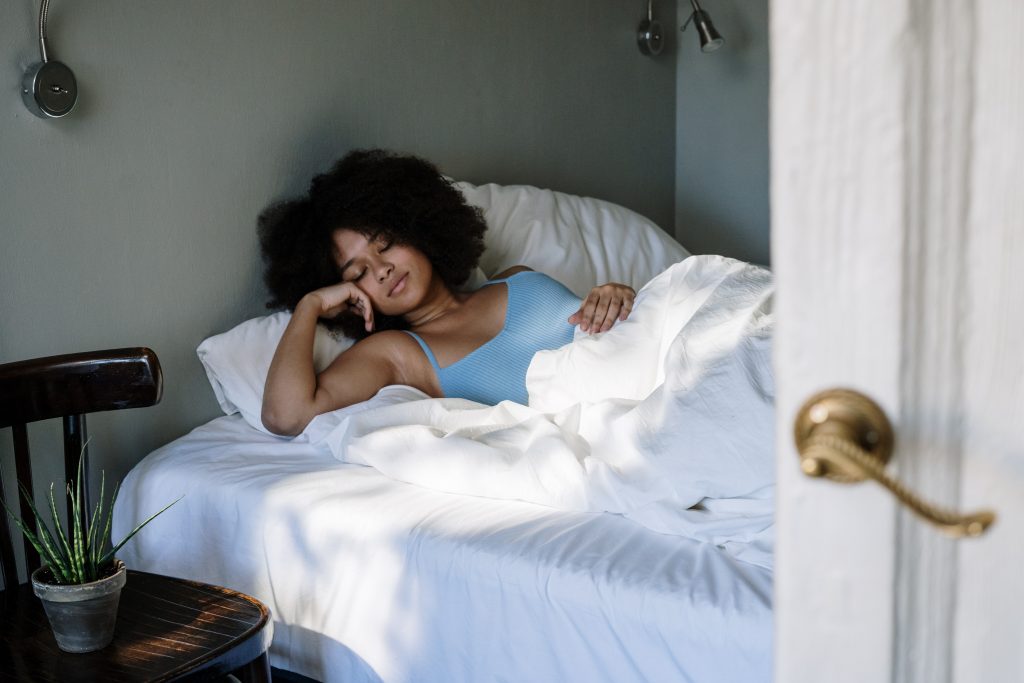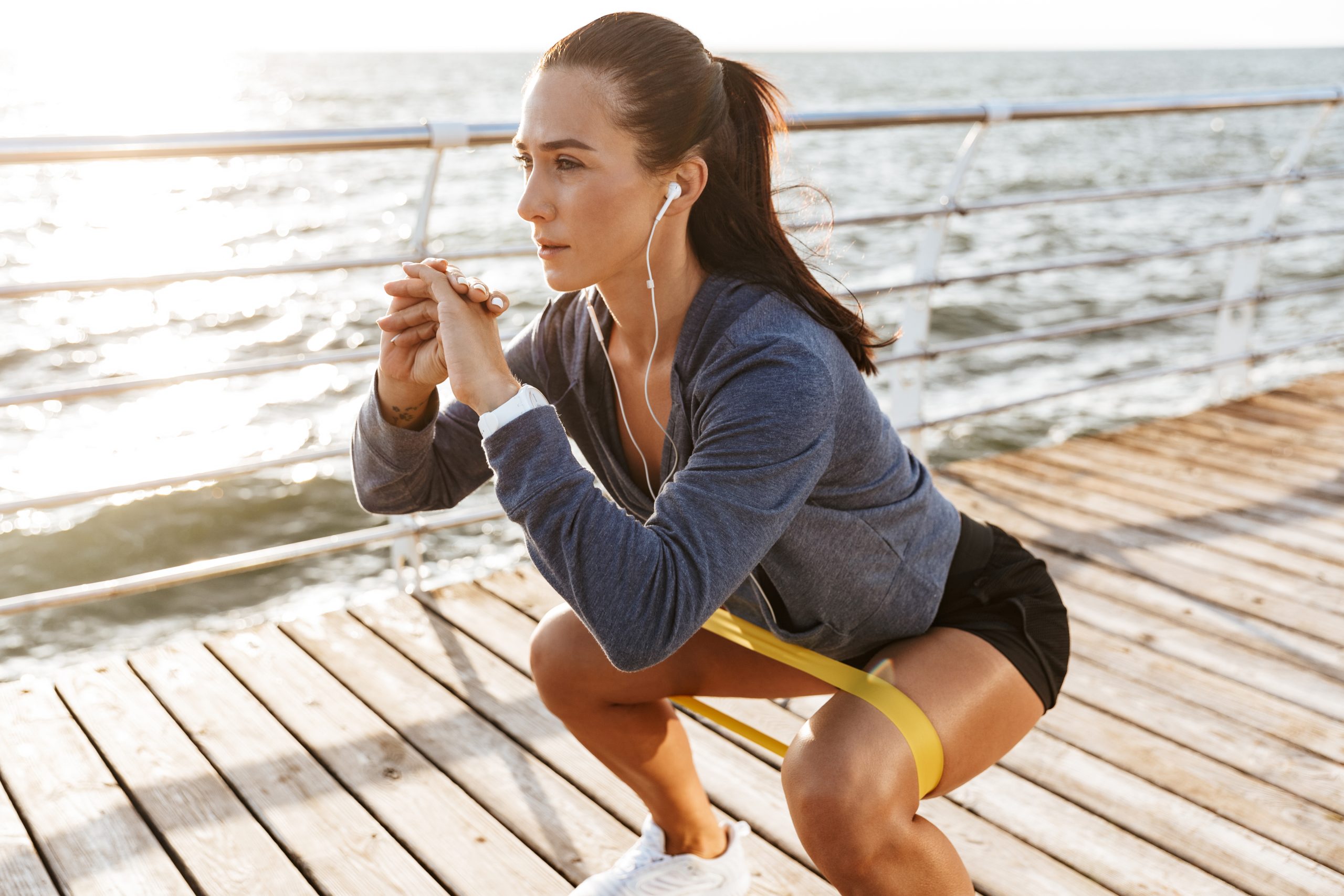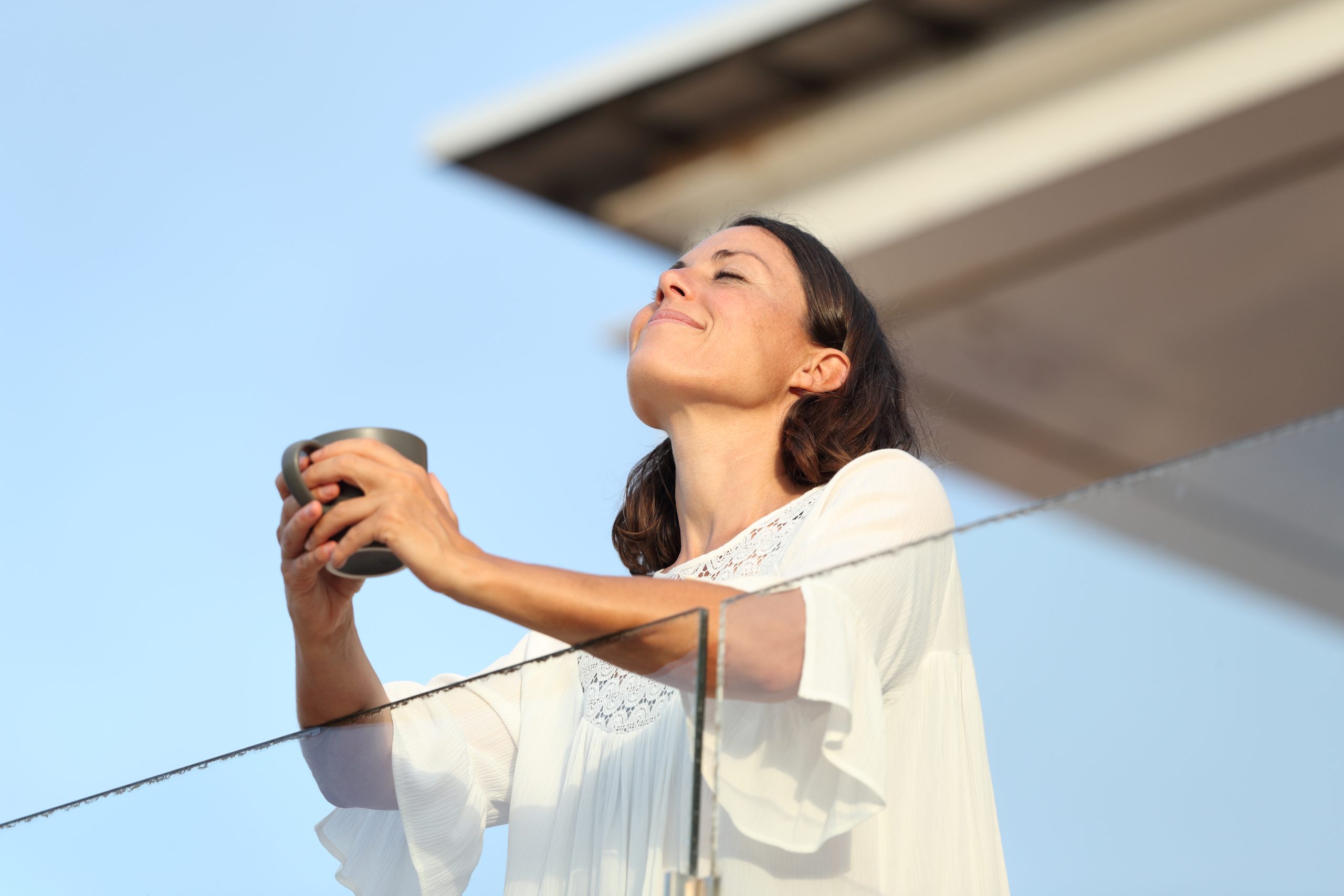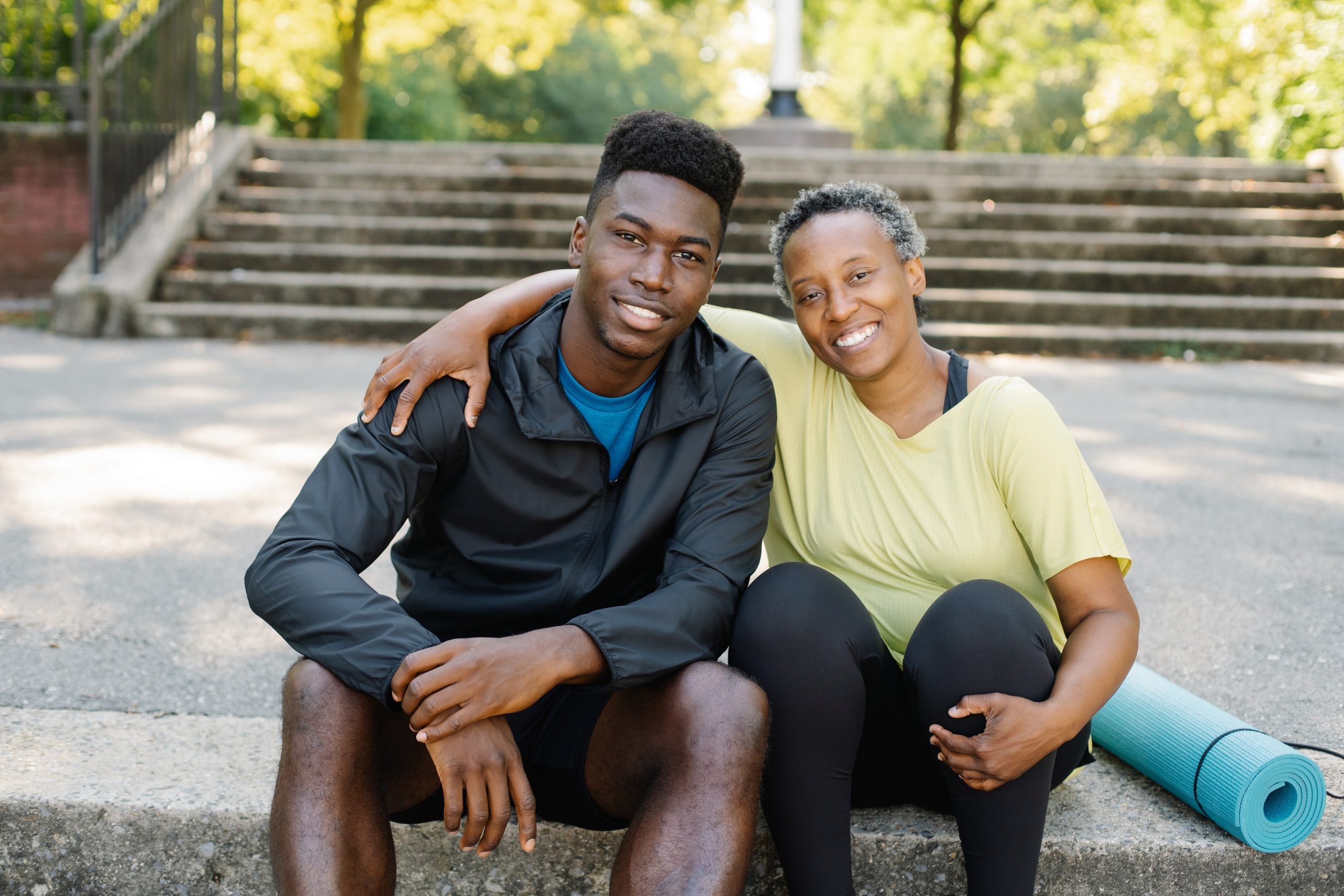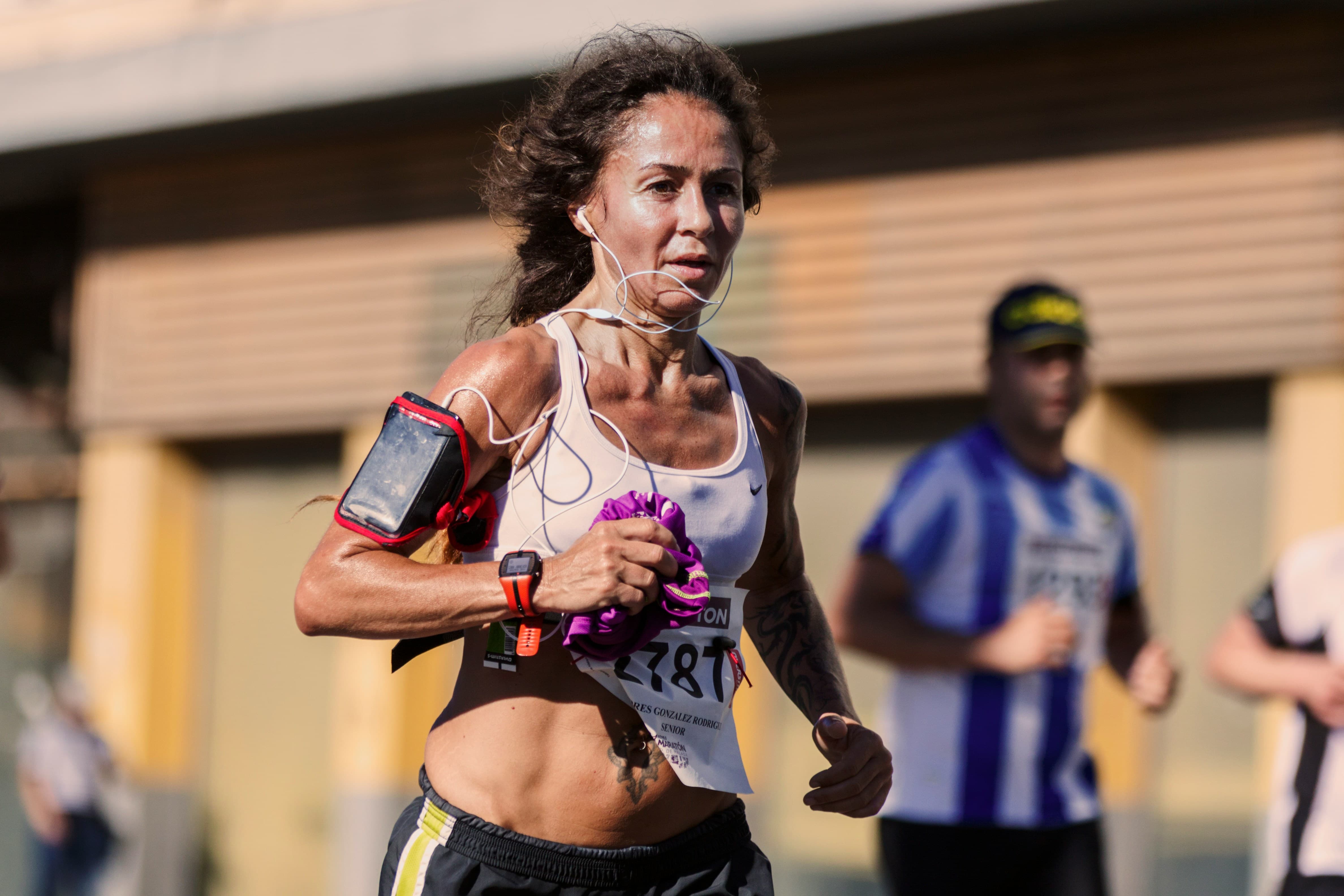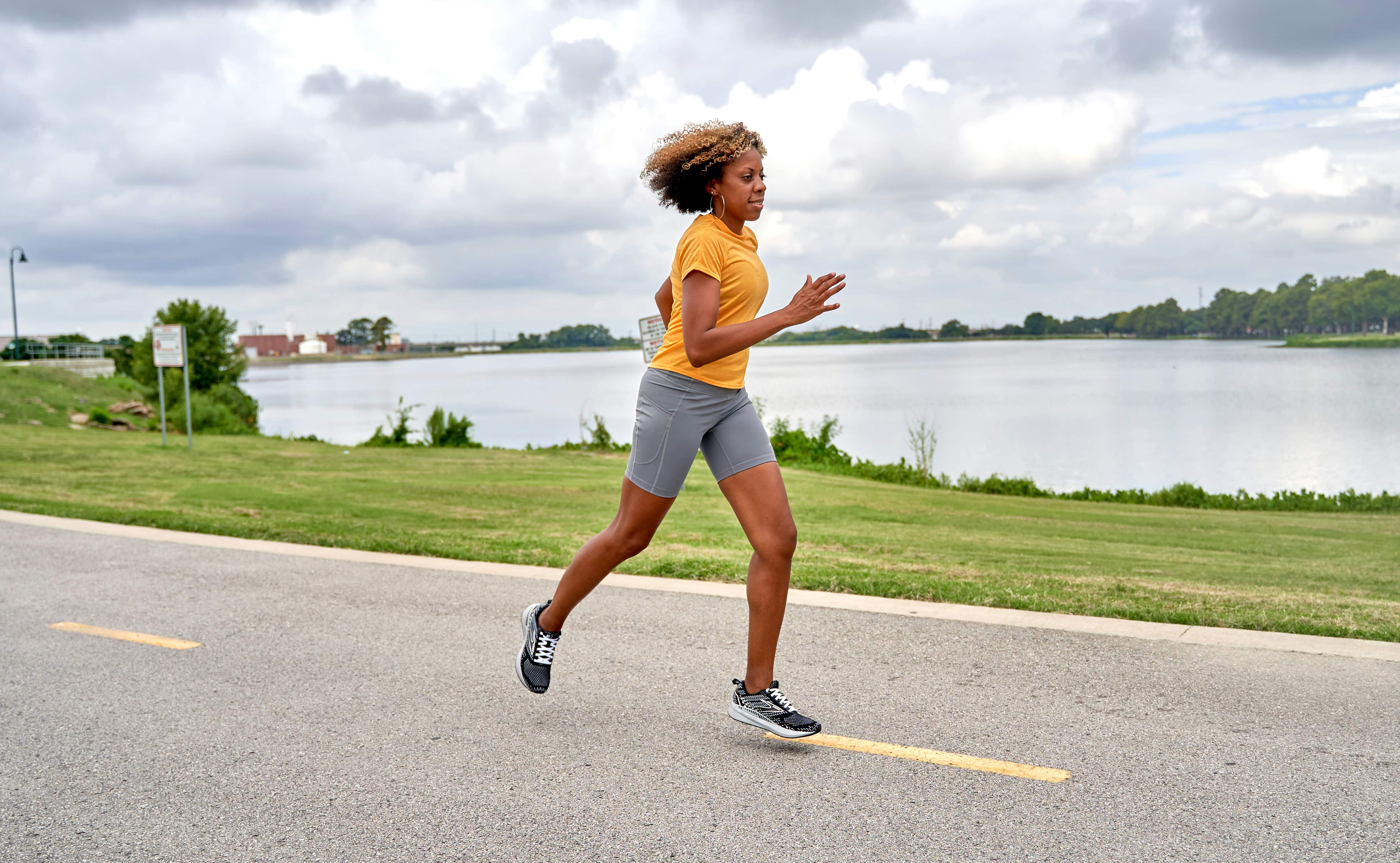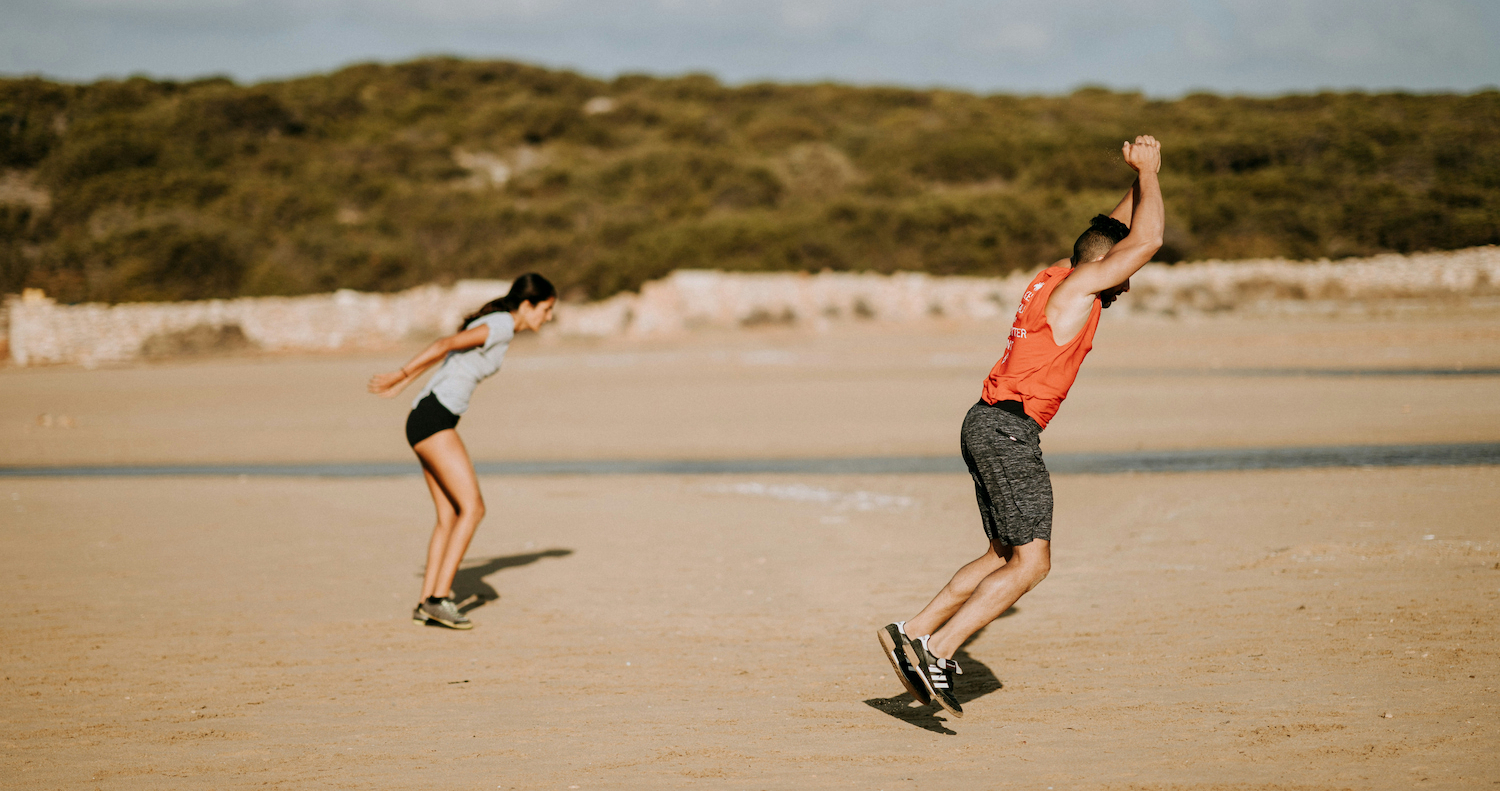Most people understand the significance of balancing their work-life schedule, but how many genuinely understand the importance of balancing their sleep-exercise schedule?
With so many things happening around us, it’s easy to become overwhelmed and stressed out. In this fast-paced society, it can seem like there’s not enough time for exercise and sleep, let alone prioritising them. The fact is, though, that sleep and exercise go hand-in-hand. Want better sleep? Exercise is the answer. Want more out of your workouts? Sleep is the answer. But if you had to choose one over the other, sleep wins out.
Let’s look at why.
Why is sleep so important for fitness performance?

A good night’s sleep equates to much better physical performance not only in the gym and on the field but, importantly, in everyday activities like going for a walk or picking the kids up from school.
Getting adequate amounts of quality sleep also plays a critical role in motivating people to commit to their fitness plans the following day. One study showed that individuals who slept longer displayed a higher level of motivation and were much more likely to complete their fitness plans.
Not only does a good night’s sleep make you more committed, but it allows you to get the most out of your workouts, further improving your fitness and the sleep/exercise cycle. Now, that’s a win-win.
Numerous studies show that sleep deprivation can negatively impact fitness performance in several ways:
-
Delayed muscle recovery and repair
-
Significant mood swings
-
Poor decision making
-
Reduction in glycogen synthesis
-
Higher perception of exertion (exercising feels tougher)
Five ways sleep deprivation hurts fitness performance

Whether you’re an elite athlete, an avid fitness buff, or a beginner, lack of sleep can decrease fitness performance. Poor sleep affects not only your physical performance but your ability to make quick decisions which most sports and fitness activities demand.
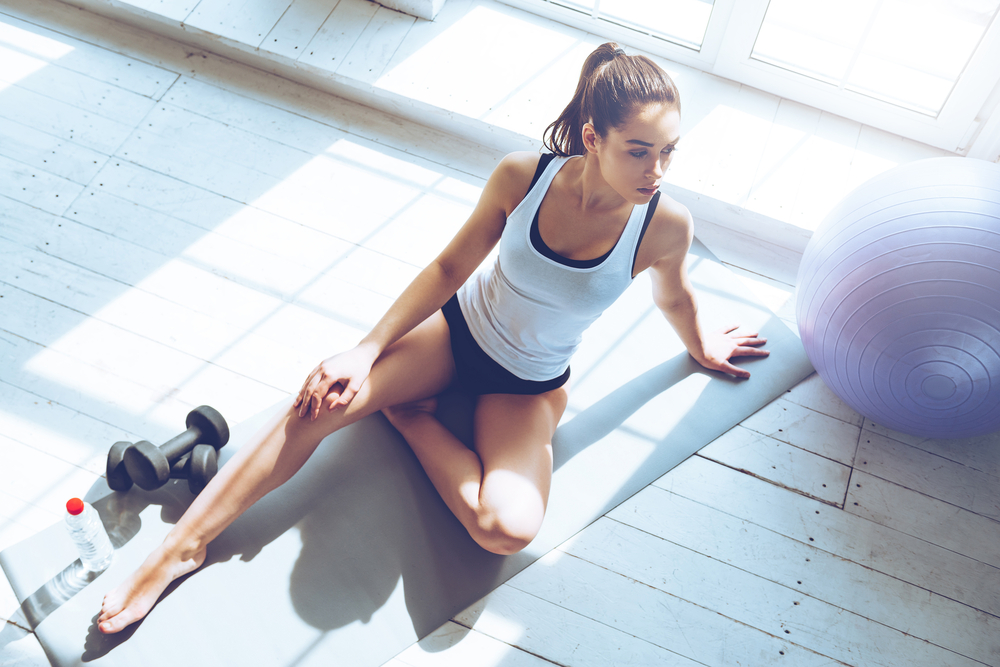
Making poor decisions can lead to a lost game or, even worse, a serious injury. That’s why getting a deep sleep is paramount for those who work out regularly. Fitness buffs deprived of sleep are also prone to increased stress and anxiety.
1Ability and accuracy
One study showed, conclusively, that male athletes who were suffering from a lack of sleep performed considerably worse when it came to personal best sprint times. Another study that looked at accuracy showed tennis players with sleep deprivation had a 53% decrease in serving accuracy for both 1st and 2nd serves.
2Tiredness and reaction times
A study published in the National Library of Medicine showed that volleyball players and runners who suffered from sleep deprivation were much more likely to suffer an injury. 54 athletes said the day before their injury, they displayed:
-
Poor mood
-
Fatigue
-
Muscle soreness
-
Lack of sleep
-
Poor sleep quality
In another study, researchers concluded that university athletes displayed considerably slower reaction times due to sleep deprivation
3Decision making
A lack of sleep can adversely affect your ability to make good decisions, which is especially important when performing in high-intensity environments such as sports and fitness.
4Weakened immune system
Lack of sleep has been shown to weaken the immune system in normal adults. However, when it comes to athletes, lack of sleep can weaken their immune systems and make them susceptible to illnesses like influenza and the common cold because of the extra energy demands placed on them.
5Increase in injury
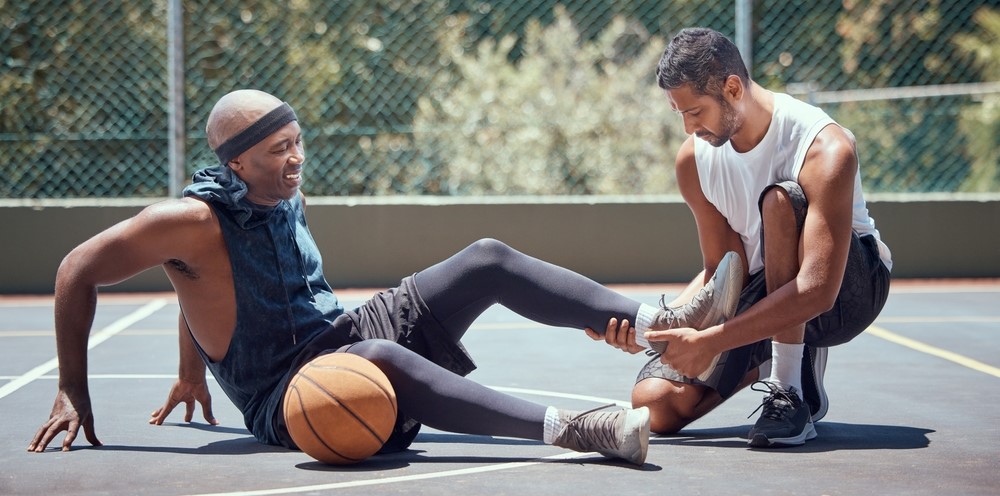
Data gathered from 190 male and female collegiate athletes showed that sleep deprivation is closely linked to short and long-term injury.
Fitness levels and sleep duration

The amount of sleep you need can vary depending on how active you are during the day. For instance, many professional athletes, including Lionel Messi, are reported to sleep up to 12 hours and take additional naps during the day.
If you’re just starting your exercise journey, you’ll probably be much more tired than someone with supreme fitness levels. In this sense, sleep is similar to your diet, in which you continually evaluate your caloric needs.
Regardless of your fitness level, though, you should aim to get at least 7-8 hours of sleep. If you struggle to get a night’s sleep before a big match or a fitness endeavour, here are some simple tips to help:
-
Prioritize your sleep
-
Implement a consistent sleep routine.
-
Take short naps during the day (10-15 min)
-
Practice relaxation strategies to ‘de-stress’
-
Increase sleep duration a week before your competition
The timing of your exercise does matter

Who would’ve thought the timing of your workout is just as important as the workout itself? But it is. Some studies have shown that early morning workouts are better for helping you sleep than late afternoon workouts.
Early morning workouts are also great at helping you spend more time in deep sleep. Even a 10-15 minute walk can positively impact your sleep. Researchers also suggest avoiding high-intensity training at least 3-4 hours before bed.
According to one study, performing high-intensity interval training or ‘HIIT’ before bed adversely affected sleep duration and quality.
Fun facts: pro athlete’s sleep patterns
Serena Williams
Serena Williams aims for 8 hours of sleep each night. However, the tennis superstar has been very public about her long struggles with insomnia. Serena knows the power of routines and has a consistent sleep routine involving skin care and relaxation.
Lionel Messi
It’s reported that Messi sleeps 12 hours a day. This ‘koala-like’ sleep habit is believed to be from his childhood when he underwent hormonal treatment. Messi’s former trainer, Fernando Signorini, is quoted as saying, ‘if you don’t get him out of bed, the games can begin without him.’
Micheal Phelps
Michael Phelps has said he sleeps at least 8 hours each night and takes a 2 to 3-hour nap after training. Phelps is quoted in an interview saying, ‘I really can’t say it enough. I don’t think people really pay enough attention to how important sleep is.’
Sum it up

Sleep and exercise are both essential, but without good sleep, you’re going to find it difficult to exercise regularly. Aim for 7-8 hours of sleep each night and at least 30 minutes of moderate to high-intensity exercise daily.
Remember, sleep and exercise complement each other; more importantly, you can’t have one without the other. If you’re not active for 30 minutes a day, review your schedule to ensure you can exercise without interfering with your sleep routine.
Hungry for knowledge? Here is more
We explained the way sleep affects your fitness performance, but it’s a two-way street. Let’s find out how exercise can change your sleeping quality. In the video below, Dr. Eric Berg, a popular nutritionist and best-selling author, explains the connection between those two processes and shares his tips on the best time for workouts.

